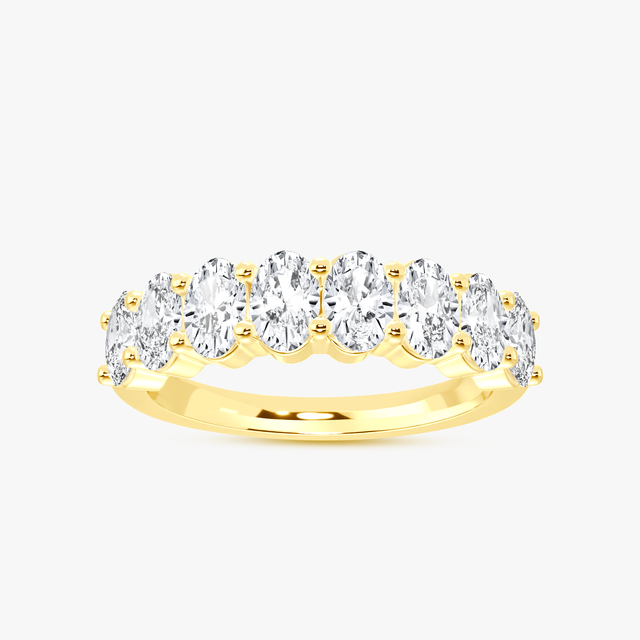When we admire a stunning piece of jewelry, we often focus on its aesthetic appeal and craftsmanship. However, there is a hidden aspect to these beautiful adornments that is equally fascinating - the chemistry behind them. The process of creating jewelry involves a complex interplay of chemical reactions, material properties, and innovative techniques that contribute to the allure of these pieces. Let's delve into the captivating world of discovering the hidden chemistry behind stunning jewelry pieces.

The Role of Metals in Jewelry Making
One of the fundamental aspects of jewelry production is the use of various metals, each with its unique chemical properties. Gold, silver, platinum, and other precious metals are carefully selected for their luster, malleability, and resistance to corrosion. For example, the purity of gold is measured in karats, with 24 karat gold being the purest form. However, pure gold is too soft for intricate designs, so it is often alloyed with other metals such as copper and silver to enhance its durability and workability. This blending of metals involves precise chemical compositions to achieve the desired characteristics for crafting exquisite jewelry pieces.
The Art of Gemstone Enhancement
Gemstones are another integral component of jewelry, and their enhancement involves a deep understanding of chemistry. Many gemstones undergo treatments to improve their color, clarity, and overall appearance. For instance, heat treatment is commonly used to enhance the color of gemstones such as sapphires and rubies by altering their internal crystal structure. Similarly, the process of irradiation can transform the color of certain diamonds, creating mesmerizing hues that add to the allure of jewelry. These chemical treatments play a crucial role in bringing out the natural beauty of gemstones and elevating the visual impact of jewelry pieces.
The Intricate Chemistry of Jewelry Cleaning
Maintaining the brilliance of jewelry requires regular cleaning, and this process involves chemistry at its core. Different metals and gemstones have varying degrees of susceptibility to chemical reactions, making it essential to use the right cleaning agents. For example, ultrasonic cleaners utilize the power of cavitation, where tiny bubbles created by ultrasonic waves implode, effectively removing dirt and grime from intricate jewelry settings. On the other hand, chemical solutions tailored to specific metals and gemstones are employed to dissolve tarnish and restore the luster of jewelry. Understanding the chemical properties of these cleaning agents is crucial in preserving the beauty of stunning jewelry pieces.
The Chemistry of Surface Finishes
The final touch to jewelry involves surface finishes that enhance its visual appeal and durability. Techniques such as electroplating and patination rely on chemical reactions to create thin layers of metals or oxides on the jewelry's surface. Electroplating, for instance, involves the deposition of a metal coating onto the jewelry through electrolysis, providing a protective layer and altering its appearance. Similarly, the process of applying patina to metals like copper and bronze involves controlled oxidation to produce captivating surface colors and textures. These chemical processes not only add aesthetic value to jewelry but also contribute to its longevity and resilience.
As we unravel the hidden chemistry behind stunning jewelry pieces, it becomes evident that the art of jewelry making is a harmonious blend of creativity and scientific precision. The interplay of metals, gemstones, cleaning techniques, and surface finishes showcases the intricate chemistry that underpins the allure of these exquisite adornments. The next time you admire a dazzling piece of jewelry, take a moment to appreciate the hidden chemistry that makes it truly extraordinary.








